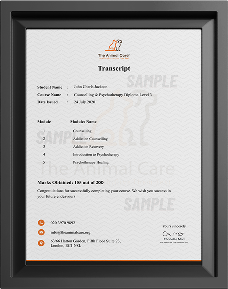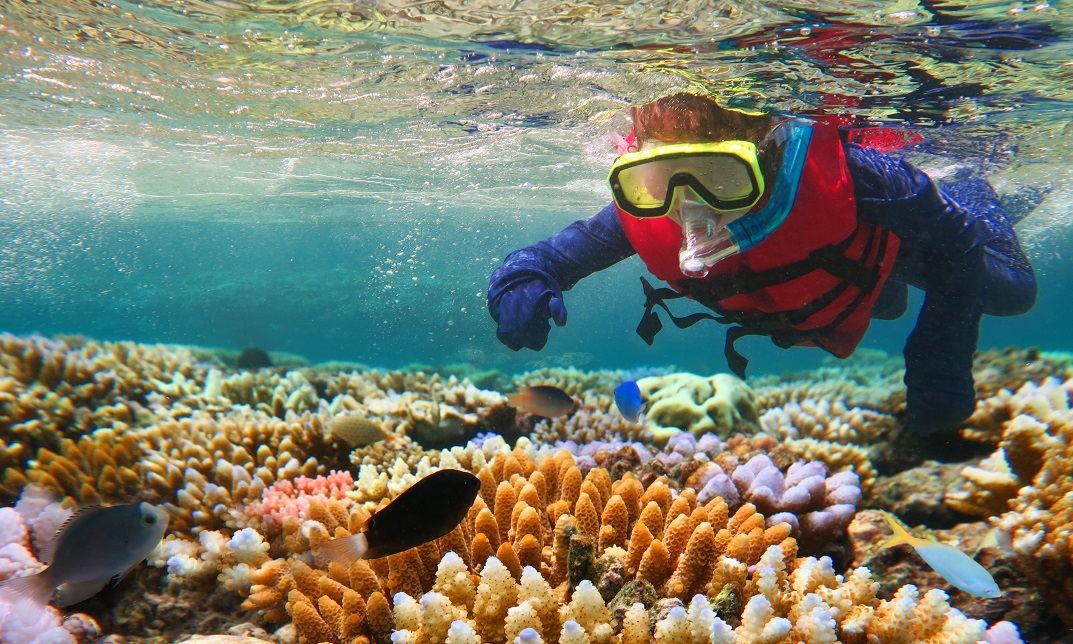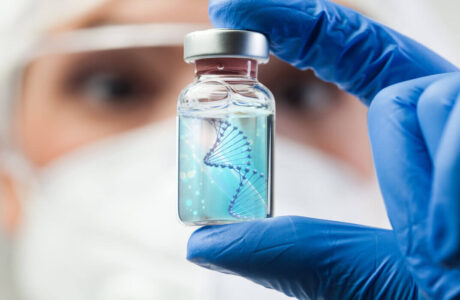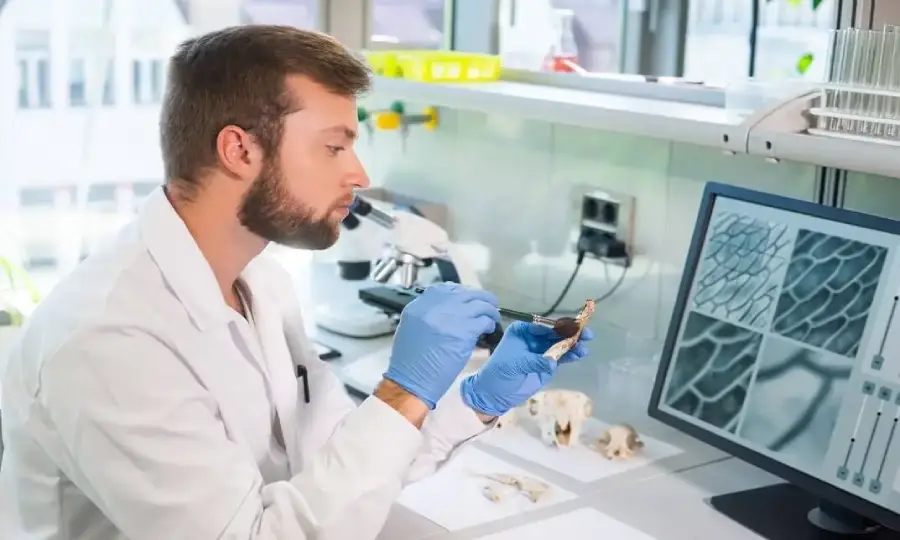The Marine Biology course provides a comprehensive exploration of the fascinating world of marine life and ecosystems. Through a combination of theoretical knowledge and practical applications, students will delve into the intricacies of marine biology, from microorganisms to vertebrates and invertebrates, and the complex interactions within marine ecosystems.
The course begins with an introduction to the diversity and adaptations of marine life, highlighting the unique challenges and opportunities presented by the marine environment. Students will gain a deep understanding of marine microbes, their role in marine ecosystems, and their impact on global processes such as nutrient cycling.
The course progresses to examine the diverse array of marine organisms, including both vertebrates and invertebrates. Through detailed study, students will explore the anatomy, physiology, and behaviors of marine organisms, unraveling the intricate web of interactions that shape marine communities.
Marine ecology forms a central component of the course, focusing on the relationships between organisms and their environment. Students will learn about the dynamics of marine ecosystems, including factors influencing species distribution, population dynamics, and community structure. The ecological impact of human activities on marine environments and conservation strategies will also be explored.
Furthermore, the course highlights the importance of marine conservation and sustainable management practices. Students will examine current environmental challenges facing marine ecosystems, such as pollution, climate change, and overfishing, and explore potential solutions to mitigate these threats.


















